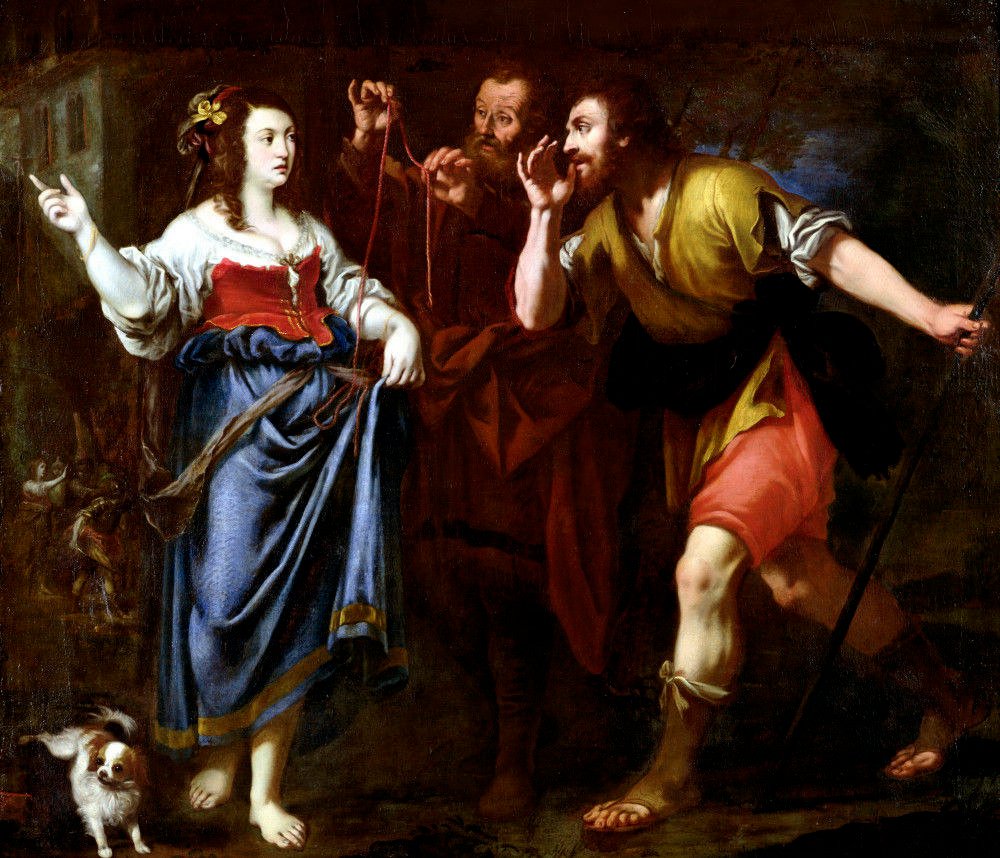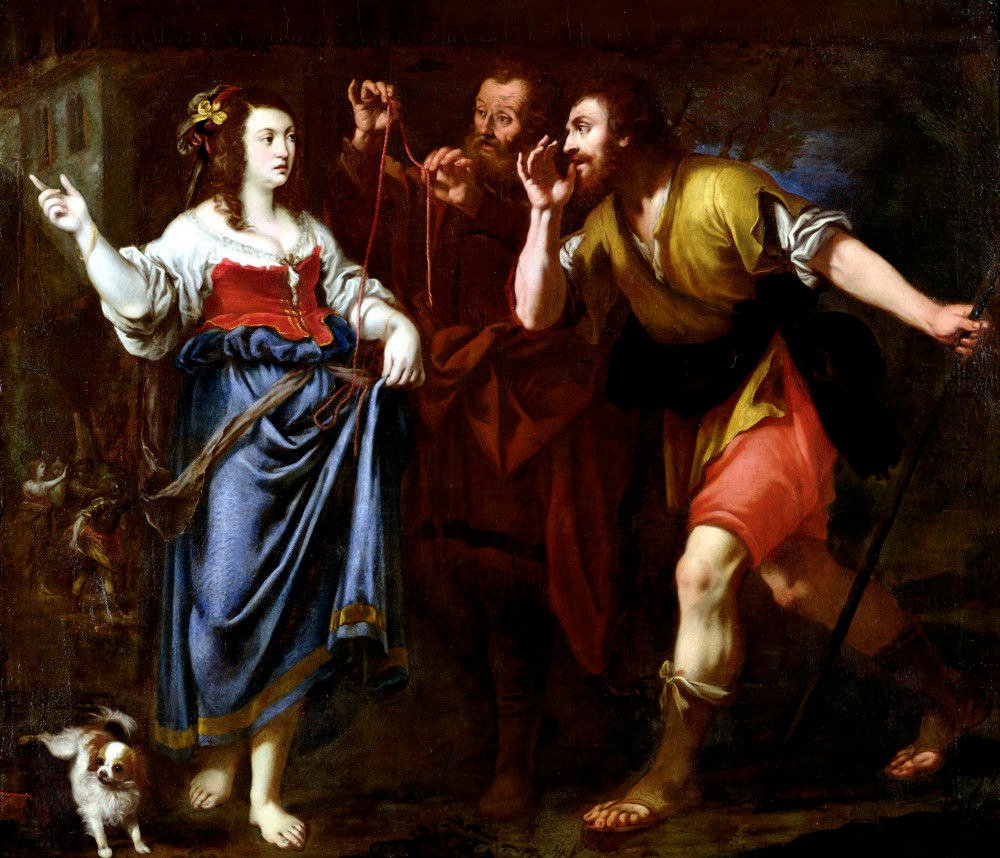Rahab: The Outsider Who Became Israel’s Savior

Most people know Rahab as “the prostitute,” but modern biblical archaeology reveals something stunning about this misunderstood woman. Recent analysis shows that the consonants that comprise the word “prostitute” in Hebrew are znh, which are the same consonants that comprise the Hebrew word for a female who gives food and provisions. This discovery suggests Rahab might have been running an inn rather than working as a prostitute.
What makes Rahab extraordinary is her transformation from enemy to hero. Rahab, who begins as triply marginalized (Canaanite, woman, and prostitute), moves to the center as bearer of a divine message and herald of Israel in its new land. Archaeological evidence from Jericho’s defensive walls suggests Rahab lived on the wall, making her daring rescue of the Israelite spies even more remarkable.
Deborah: The Judge Who Shattered Glass Ceilings
In an era when women held little political power, Deborah stood as both prophet and judge over all Israel. Another woman, the prophet Deborah, announced a major victory in the taking of Canaan. Her story reveals how women served as divine messengers during crucial moments in Israel’s history. She didn’t just advise from the sidelines – she commanded armies and made strategic military decisions.
Archaeological discoveries in the region where Deborah judged continue to provide context for her remarkable leadership. The fact that these women did not receive opposition for the roles they played, but were honored instead shows how different biblical culture was from our assumptions. Deborah’s influence extended far beyond her lifetime, establishing precedents for female leadership that echoed through generations.
Jochebed: The Mother Who Defied Pharaoh’s Death Decree
While Moses gets all the credit for leading Israel out of Egypt, his survival depended entirely on his mother’s courage. The Pharaoh had decreed that all their baby boys were to be thrown into the Nile, because he feared that they might become too powerful. Jochebed’s response was both strategic and faith-filled.
The Bible makes clear that Jochebed’s actions were courageous but also strategic. In faith, Jochebed hid her baby in a basket on the banks of the Nile near the royal bathing place. This wasn’t a desperate act of abandonment – it was calculated positioning that led to Moses being raised in Pharaoh’s own household. Her name, meaning “Jehovah is glory,” proved prophetic as God honoured her unwavering faith by delivering the Hebrews from Egyptian enslavement through Moses, and by placing her other son, Aaron, as high priest. Her daughter Miriam rose to prominence among the Hebrew women.
Esther: The Beauty Queen Who Became a Political Mastermind
Esther’s story reads like a political thriller, but recent scholarship reveals layers of complexity often overlooked. In the narrative, Ahasuerus seeks a new wife after his queen, Vashti, refuses to obey him, and Esther is chosen for her beauty. The king’s chief advisor, Haman, is offended by Esther’s cousin and guardian, Mordecai, and gets permission from the king to have all the Jews in the kingdom killed. Esther foils the plan, and wins permission from the king for the Jews to kill their enemies.
What’s remarkable is how Esther navigated court politics with deadly precision. She understood timing, influence, and the psychology of power. She is one of five women mentioned in the genealogy of Jesus found in the Gospel of Matthew, alongside Tamar, Rahab, the “wife of Uriah” (Bathsheba), and Mary. This placement shows how her actions resonated through history, directly impacting the lineage of Christ himself.
Miriam: The Prophetess Who Led a Nation in Worship

Miriam’s influence began in childhood when she watched over baby Moses but extended throughout Israel’s wilderness journey. She has heard about the events of the Sea of Reeds (Red Sea) and the defeat of the Amorite kings Og and Sihon, and she declares (quoting from the Song of Miriam in Exodus 15; see v. 11) that “dread” has fallen on the inhabitants and that they all “fear” Israel. This reference shows Miriam’s deep theological understanding and her role as worship leader.
Archaeological evidence continues to shed light on the role of prophetesses in ancient Israel. These prominent women include the Matriarchs Sarah, Rebecca, Rachel and Leah, Miriam the prophetess, Deborah the Judge, Huldah the prophetess, Abigail (who married David), Rahab, and Esther. Miriam’s position among this elite group demonstrates her lasting impact on Israel’s spiritual development and her crucial role in shaping worship practices that lasted for centuries.
These five women didn’t just witness history – they changed its course forever. Their stories reveal that when faith meets courage, even the most marginalized can transform entire nations. Each faced seemingly impossible circumstances yet chose to trust in something greater than their immediate reality. This story, more than just an account of a mother’s love, is a narrative of God’s sovereignty, of His ability to turn the plans of man on their head for the sake of His people. Jochebed’s name, her life, and her actions offer enduring lessons about trusting in God’s plan, even when it leads us into the most terrifying of waters. What would have happened if these women had played it safe instead?

